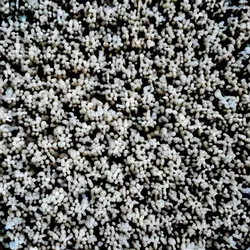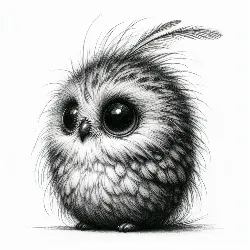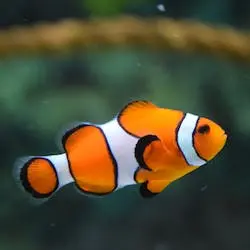
A new species of deep-sea organism was identified in the Indian Ocean by marine experts in a recent study. The organisms, known as Ophiojura, are a species of brittle star discovered at depths of up to 6,000 meters. The discovery is significant in marine science since only a few brittle star species are known to live at such deep depths.
The researchers used cutting-edge technology to photograph the Ophiojura and track their distribution. Scientists detected the species at three locations in the Indian Ocean, implying that it is more widespread than previously assumed. The scientists also discovered that the Ophiojura has specific morphological characteristics, such as a particular mouth shape and a long tail that aids in movement across the ocean floor.
The discovery of the Ophiojura has the potential to change our knowledge of marine ecosystems. Brittle stars, as deep-sea animals, play an important part in sustaining ocean health, and their discovery at such great depths could give new information about how these ecosystems function.
The scientists engaged in the study were ecstatic about the discovery and the prospect of more deep-sea exploration. “This discovery demonstrates how much more we still need to understand about the ocean and its inhabitants,” one of the researchers stated. “It’s a great time to be studying marine science, and we’re excited to see what we’ll find next.”
The Ophiojura is just one of many deep-sea species yet to be identified, and marine biologists estimate there could be many others dwelling in the ocean’s lowest reaches. We may continue to discover new species and learn more about the secret world beneath the waves as our technology and understanding of the ocean improve.
To summarize, the discovery of the Ophiojura is a momentous event in marine science. It emphasizes the need of continuous deep sea exploration and the possibility of new discoveries that could throw light on our understanding of the ocean and its inhabitants.
Simplified Story:
Summary:
Ophiojura is a new species of deep-sea monster discovered by marine experts in the Indian Ocean. The organism is a brittle star that can survive at depths of up to 6,000 meters. Brittle stars are critical to the health of ocean ecosystems, but only a few species have been discovered at such depths. The scientists employed cutting-edge technology to image and track the Ophiojura, which they discovered at three locations in the Indian Ocean. Scientists also observed that it has several distinct characteristics, such as a distinctive mouth shape and a long tail that aids it in moving through the ocean floor. This discovery has the potential to change our understanding of marine ecosystems and deep water species. The researchers are ecstatic about their discovery and hope to conduct additional deep-sea investigation in the future. It opens the door to discovering new species and expanding our understanding of the oceans.
Questions:
What was the significance of the discovery of the Ophiojura in the Indian Ocean?
How do brittle stars play an important part in sustaining ocean health?
Why do marine biologists estimate there could be many more deep-sea species yet to be identified?
Do you believe that continuous deep-sea exploration will lead to more discoveries that could change our understanding of the ocean and its inhabitants?
What is your opinion on the use of cutting-edge technology to photograph and track the distribution of deep-sea organisms?
Vocabulary:
Species: A group of living organisms consisting of similar individuals that can breed and produce fertile offspring.
Deep-sea: Of or relating to the parts of the ocean that are below the range of sunlight.
Organism: An individual animal, plant, or single-celled life form.
Brittle star: An echinoderm of the class Ophiuroidea, having a star-shaped body with long, slender, and flexible arms, and found chiefly in deep water.
Distribution: The way in which something is shared out among a group or spread over an area.
Morphological: Relating to the branch of biology that deals with the form of living organisms, and with relationships between their structures.
Characteristics: A feature or quality belonging typically to a person, place, or thing and serving to identify them.
Ecosystems: A biological community of interacting organisms and their physical environment.
Secret: Something that is kept or meant to be kept unknown or unseen by others.
Prospects: The possibility or likelihood of some future event occurring.




